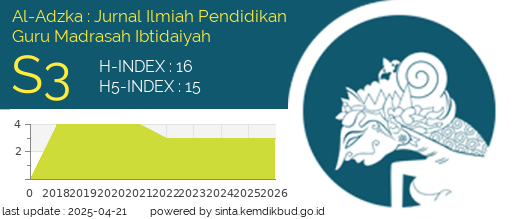ACCREDITED
PEOPLE
POLICIES
Focus & Scope Peer Review Process Publication Ethics Generatif AI Polcy Copyright Notice Abstracting and Indexing Author Fees Open Access Policy Article Retraction Withdrawal of Manuscript Appeals and Complain Disclaimer Scopus Citation Analiysis
SUBMISSIONS
Submissions Author Guidelines Reviewer Guidelines Plagiarism Screening Privacy Statement Ethical Oversight











